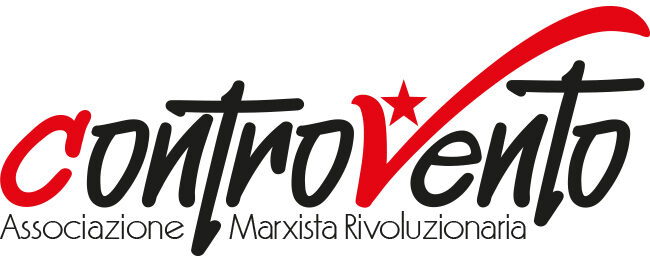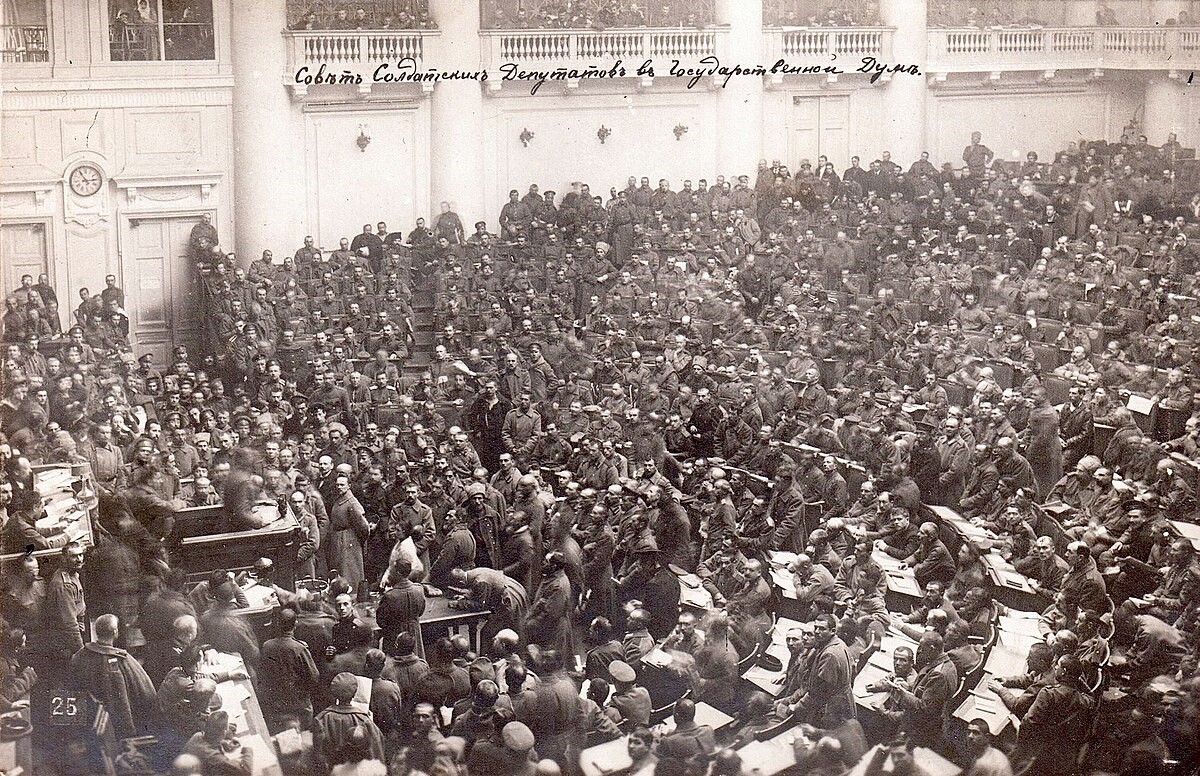A reflection on the revolutionary process and the communist perspective.
This text originated from a collective thought within
the Anti-Capitalism and Revolution Tendency in the Italian Workers’ Communist Party [PCL],
although it is signed only by a comrade who edited it.
This theoretical reflection occurred during a contentious conflict that arose
with the party’s majority during and after the V Congress (2019),
focusing on the party’s structure and its mass intervention.
This contribution has subsequently become a cornerstone of ControVento.
As such, we are presenting it today in an English version.
The working class and his technical, social and political composition……………………….p. 3
The party and its role in system transition………………………………………………………….…..p. 5
Working class and party……………………………………………………………………………….………..p. 12
Councils and the revolutionary process……………………………………………………………..…:..p. 14
1917, councils and party…………………………………………………………………………………………p. 20
Here to download the pdf text
As part of the Anti-Capitalism and Revolution Tendency, over the past two years we have consistently emphasized the contradictory and dialectical relationship between working class and party. The events of the twentieth century have highlighted the crucial role of the party. This collective subject is an organized vanguard with the political project to establish a new mode of production by seizing power and employing the State to reshape social relations. This perspective is the fruit of Lenin’s contribution and the concrete path of Bolshevism. Simultaneously, the historical experience has highlighted the fundamental role played by the antagonism between capital and labor, which manifests and organizes itself within conflicts in the production processes, nurturing an anti-capitalist inclination among the working class. It is precisely this disposition and widespread radicalism among the masses of workers that enable the overthrow of the current established order. Without it, the political determination to transform the existing system risks being merely a subjective intention: a spirit that interprets history, driven by necessary illusions and vanguard tendencies. The Bolshevik experience itself has illustrated how, following the seizure of power, an improper relationship between working class and revolutionary party can lead to potential Bonapartist degenerations. This is evident in the Thermidorian shift, the establishment of the Stalinist regime, the consolidation of a degenerated workers’ state, and the post-World War II bureaucratic regulation of all revolutionary paths. This contradictory relationship is therefore critical for any revolutionary process, both before and after the acquisition of power. The importance of this relationship is particularly accentuated today, amidst one of the major crises shaping the history of capitalism and considering the ongoing decomposition and fragility of the vanguard, where revolts and revolutions face challenges in initiating transitional processes.

